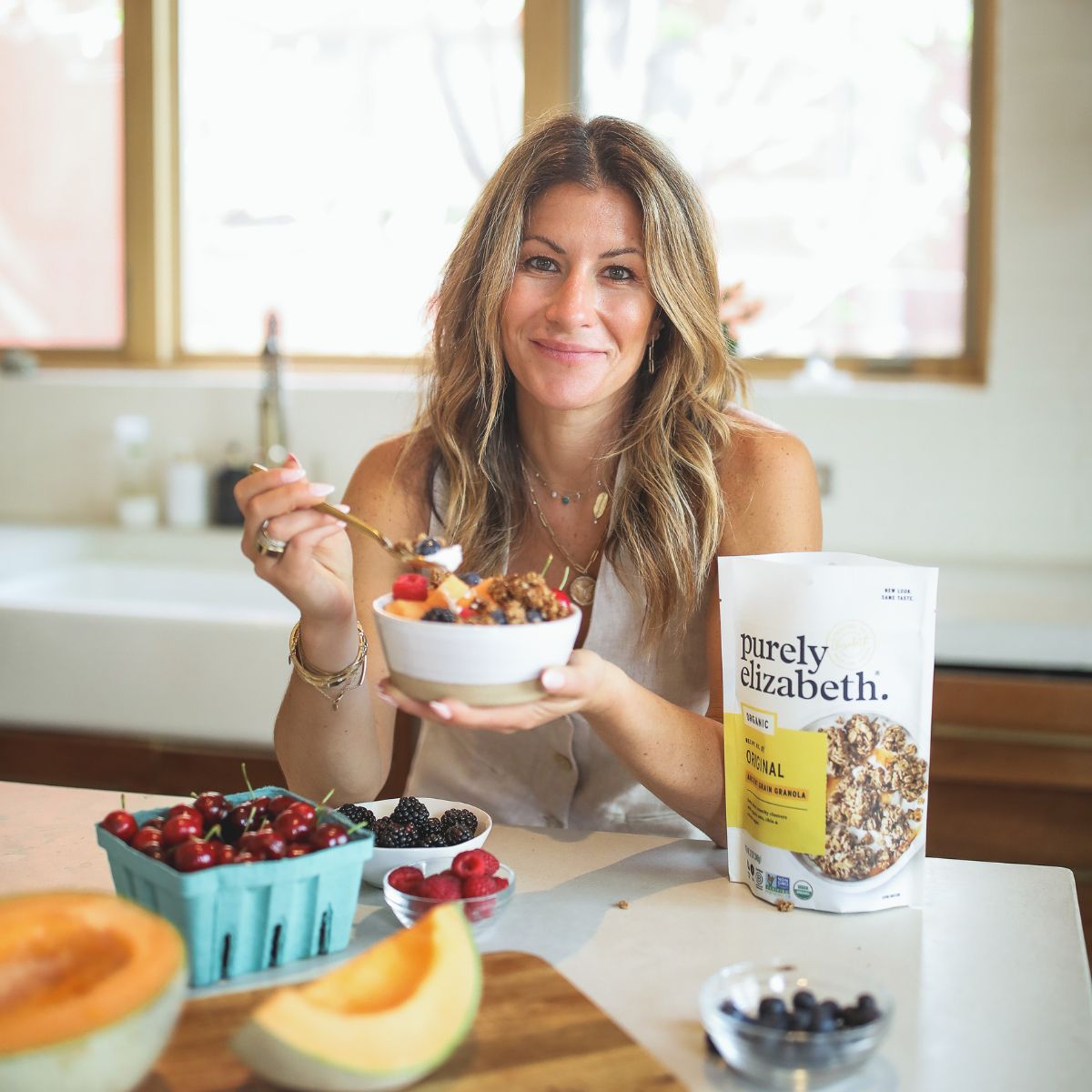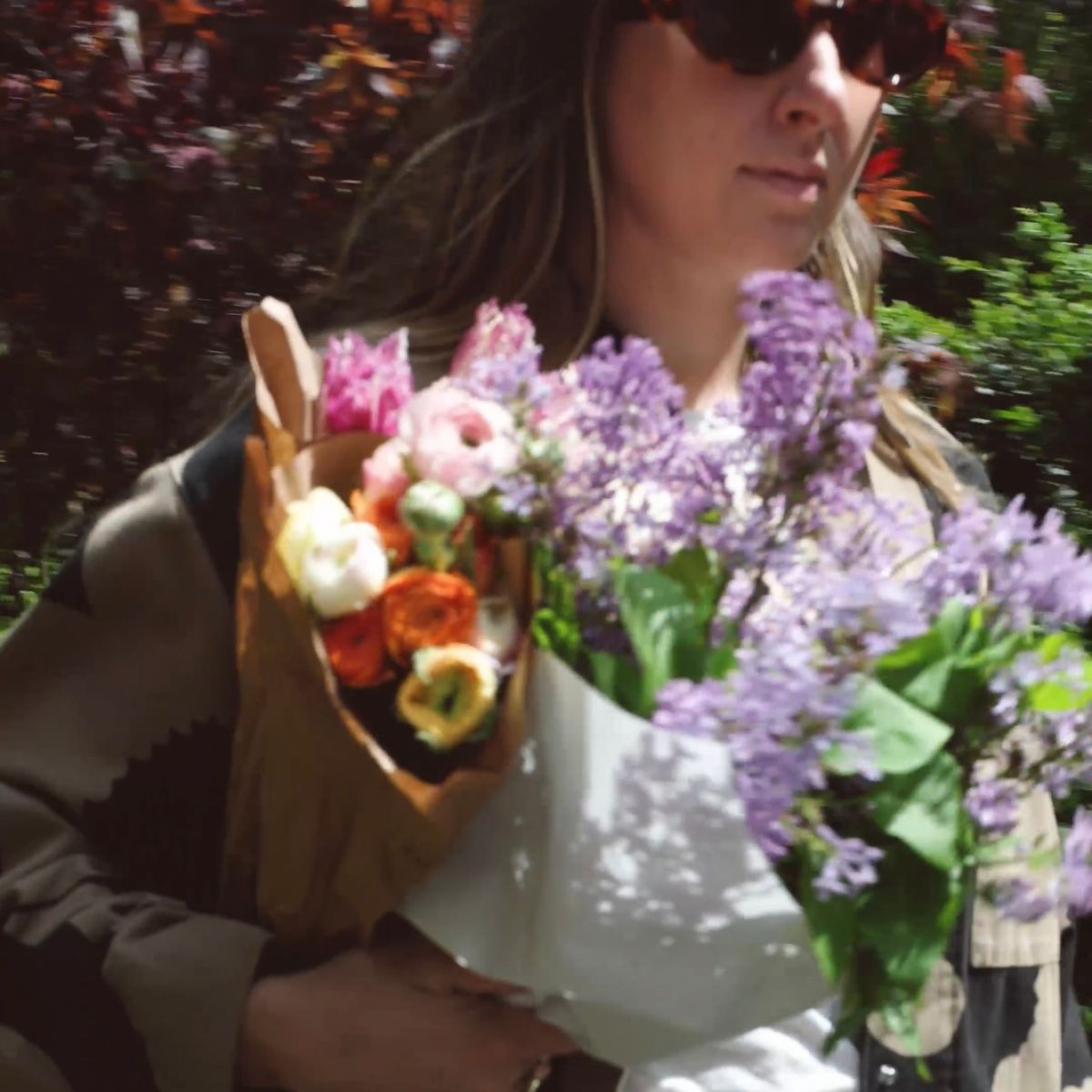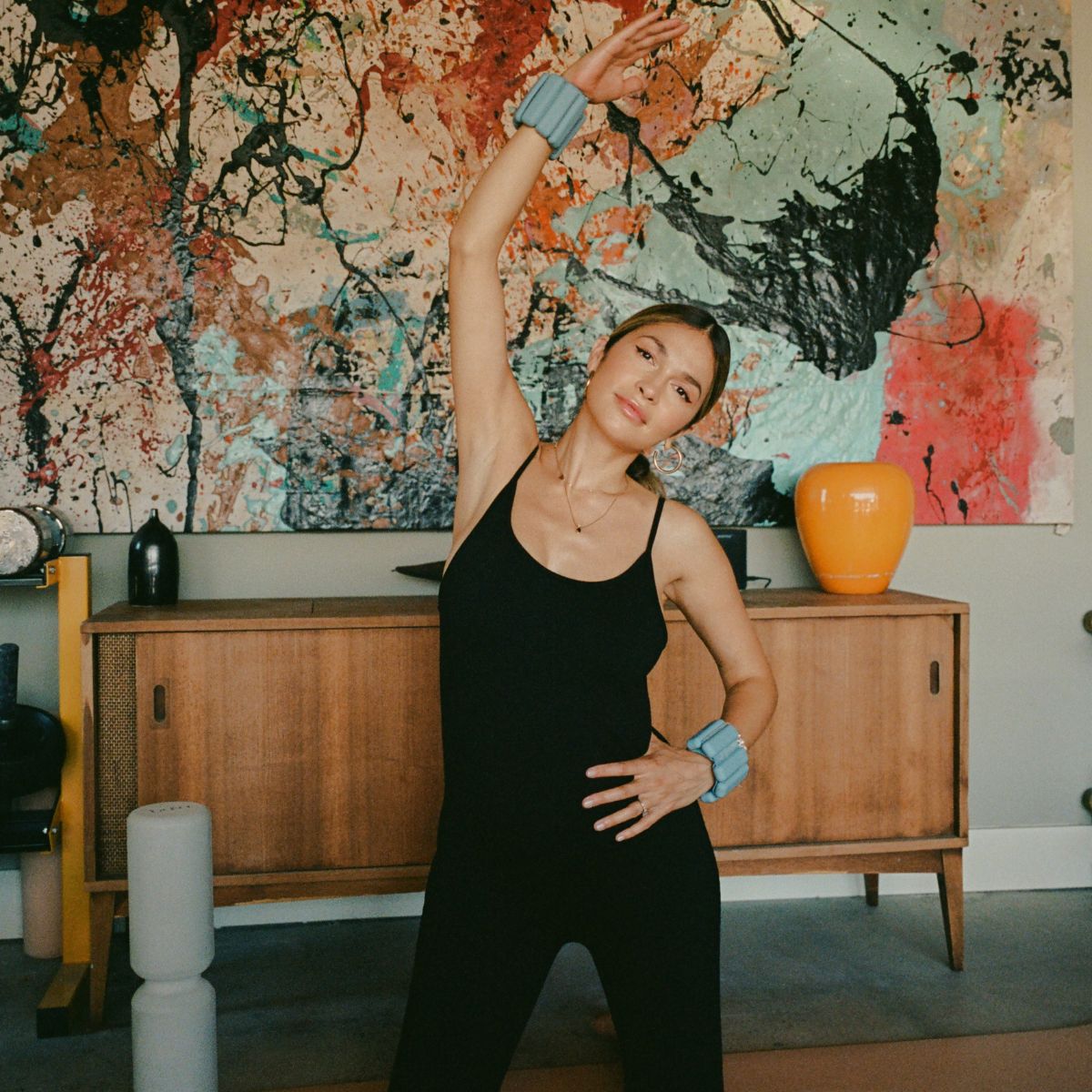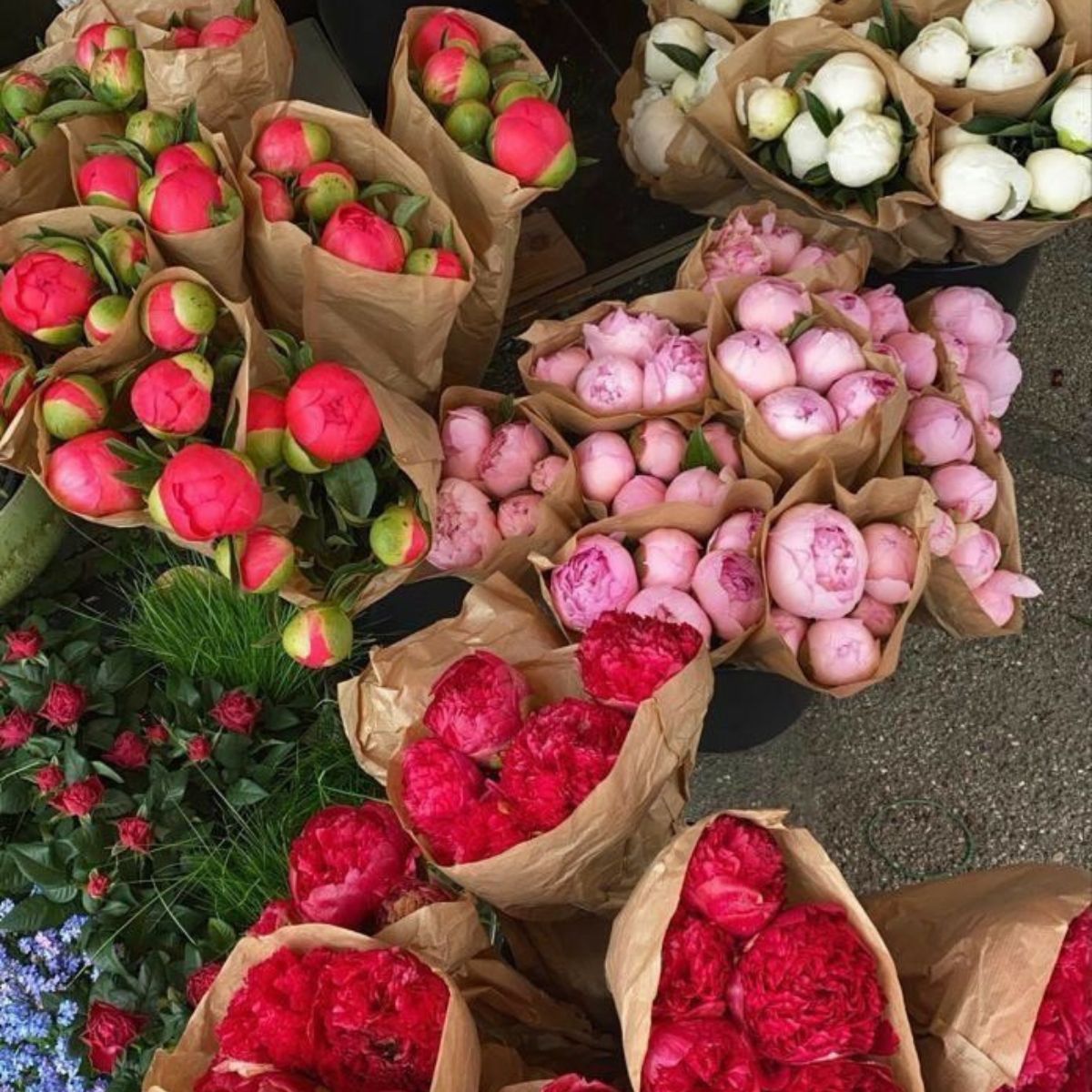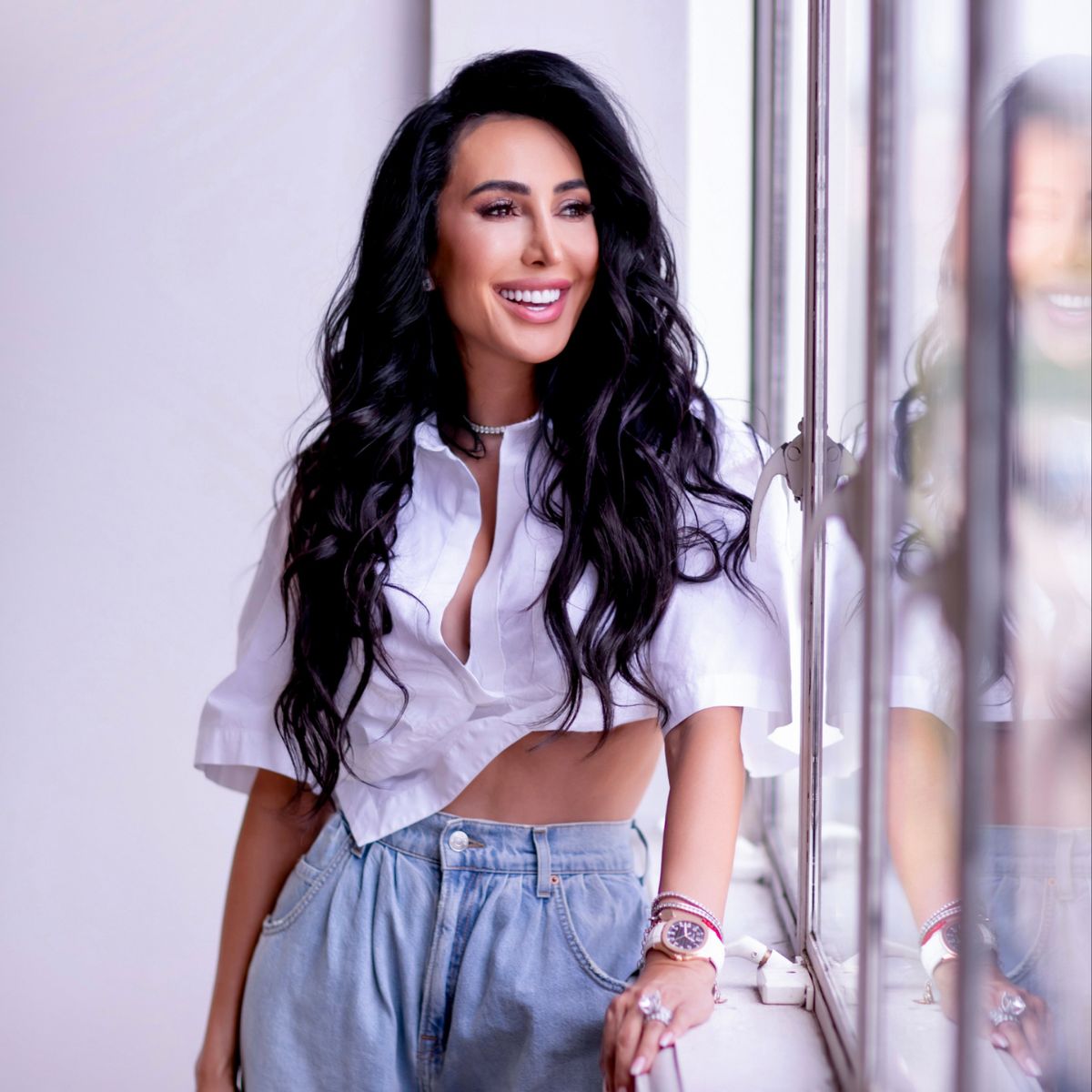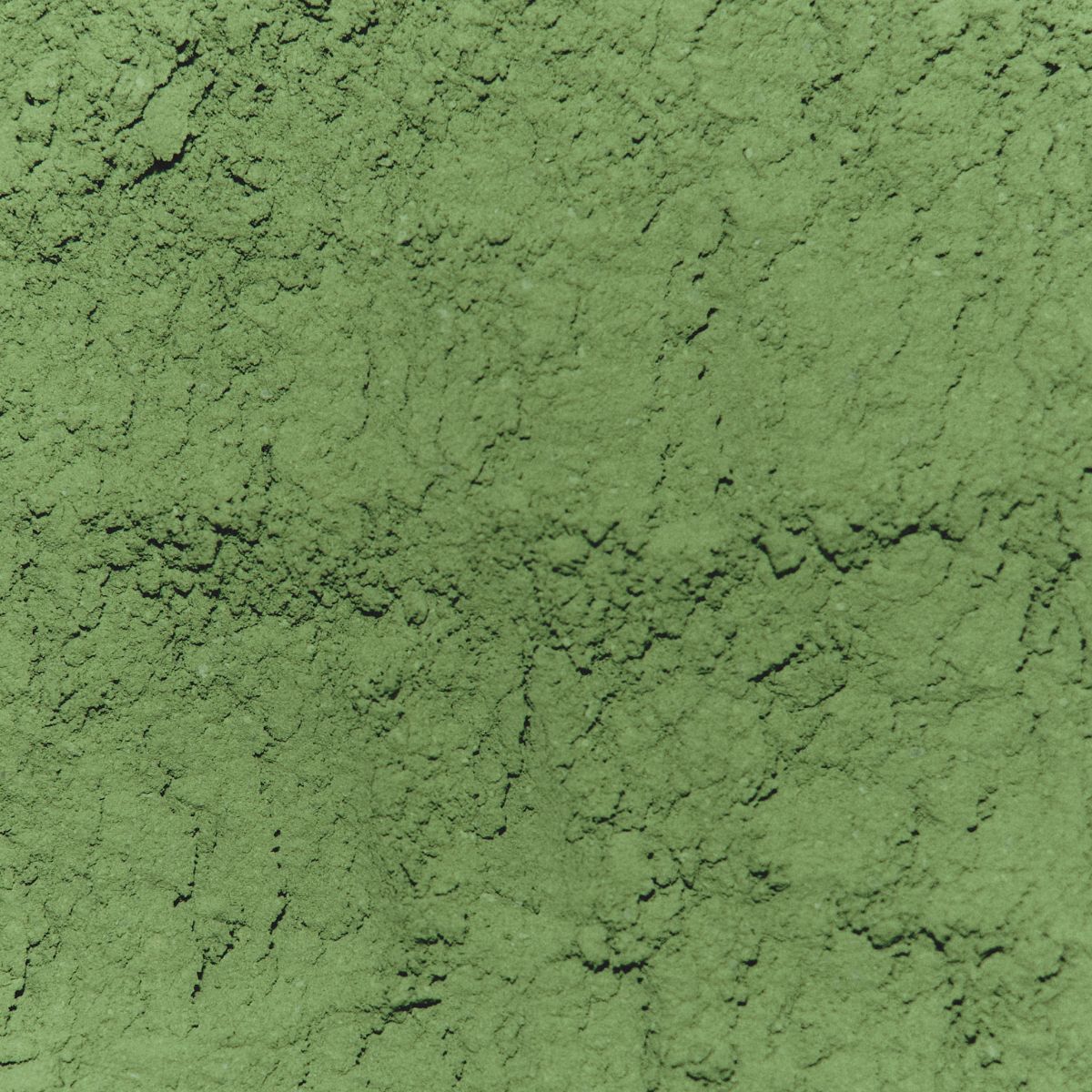Podcast
The Father of Biohacking Reveals His Secrets to Optimal Health and Longevity
with Dave Asprey

Elizabeth welcomes Dave Asprey, renowned as the "Father of Biohacking." A health science entrepreneur, founder of Bulletproof Coffee, four-time New York Times bestselling author, and host of the award-winning podcast "The Human Upgrade," Dave shares his journey into biohacking. In their chat, Dave shares a few of his favorite high-tech and low-tech techniques for optimal health, more about his latest book Smarter Not Harder: The Biohacker’s Guide to Getting the Body and Mind You Want and the distinction between biological and chronological age, longevity strategies, nutrition tips, hormone balance, toxin avoidance, sleep optimization, and the potential impact of AI on human health and performance.
You may also like
Mix & Match



